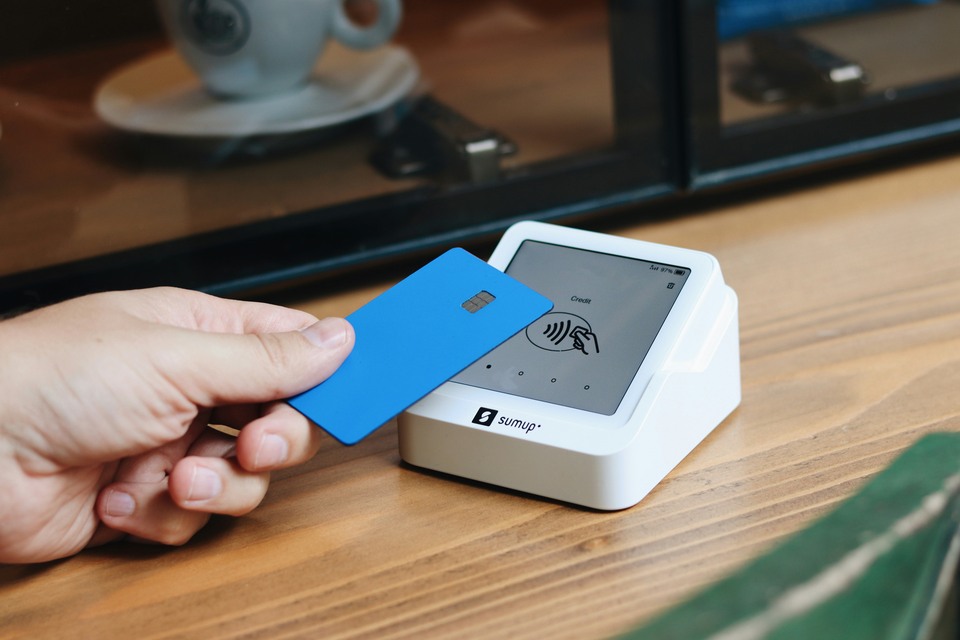Key Takeaways 💬
- In 2020 the UK implemented a ban on gambling transactions using credit cards.
- The idea of the initial ban was to make it tougher for people to gamble with borrowed money.
- The ban seems to have helped low-risk individuals, but further methods may be needed to help those who have required different forms of gambling interventions.
In 2020, the UK implemented a ban on gambling transactions using credit cards based on the evidence gathered suggesting that people who use credit cards may have been more closely linked with gambling harmfully.
GambleAware data in July 2018 and July 2019 used 139,152 gambling accounts across seven gambling operators and it was found that more than 5% of transactions used credit cards and these had a high rate of problem gambling and almost 20% of them had been subject to gambling interventions.
NatCen then undertook work commissioned by the Gambling Research Exchange (Greo) to further understand the ban and how it impacted behaviours. The idea of the initial ban was to make it tougher for people to gamble with borrowed money, as well as helping to promoter ways to stay safe whilst gambling online.
The methods used included a quantitative analysis of gambling behaviours and also some in-depth interviews with gamblers and stakeholders. The vast majority of operators were fully compliant and this did make it tougher for people to gamble with their credit cards. However, it was less effective with those who are prone to problem gambling.
The report explained in more detail:
“The ban seemed to have a more noticeable impact on those experiencing a low level of, or no reported problems from gambling, who were less likely to (directly and indirectly) use credit cards for gambling after the ban.”

“We saw a statistically significant decrease in the proportion of people experiencing a low level of, or no reported problems from gambling.”
An analysis of survey respondents’ self-reported borrowing found very little impact on those with gambling problems. NatCen summarised their findings: “Overall, among all people who gamble, the proportion of people using credit cards to borrow money for gambling has remained fairly stable.”
The ban seems to have helped low-risk individuals, but further methods may be needed to help those who have required different forms of gambling interventions.




